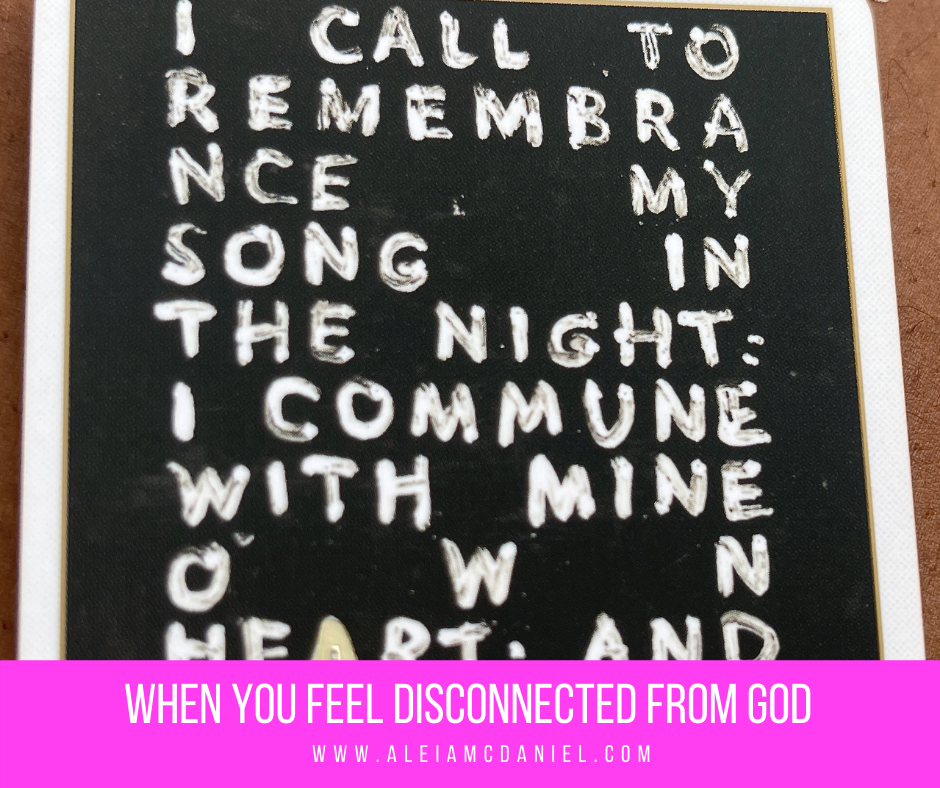
Life Beyond Survival: 5 Steps for Becoming Your Truest Self

4 Tips for Strengthening Your Spiritual Practice

What Is An Elder In Hoodoo?

Favorite Books About Black Spirituality and Deconstructing Faith

When You Feel Disconnected From God

Dreams as Spiritual Technology

Remembering: "You your best thing"

Tips for Dealing With Chronic Stress

When the Spiritual Community Has Burned You

What we're NOT about to do is "forgive our enemies"

Overcome Your Money Story- Healing Financial Trauma

Generational Curses: How to end trauma using practice, work, and ritual

Black Women and Witchcraft

Misa Hylton and Elevating Black Women
12 Must Read Books by Black Women

14 Protection Tips for Coping with Racial Rage
Our self-care and self-love are imperative, during this time of police violence when Breonna Taylor, George Floyd, Sandra Bland and Ahmaud Arbery are killed with impunity.
BLACK LIVES MATTER!

On Queen & Slim: 3 Lessons on Liberation

7 Things to Know About Manifesting
This weekend I crossed Kappa Theta Epsilon Sorority, Incorporated and was reminded of a bucket list I created on my old blog to last 1001 days beginning, 1/1/11 (see how those 11’s keep showing up??). I went back to visit that list and realized I accomplished over 60% of my goals. [Scroll down to see which ones]

Why You Should Ditch Your Friends
Check out this Periscope Replay about why I eventually had to cut certain people out of my life… and why YOU should, too.

What IS Self-Love Anyway: 6 Key Ingredients
In this era of “stuntin’ for the ‘Gram,” it’s easy to get it twisted about what self-care and self-love really is. Self-care is a symptom of self-love. It isn't just pedicures, luxuries, and vacations, though those certainly can be side effects of it, given your circumstances.
